When my husband, Andy, and I were first married in 2000, I had recently been diagnosed with multiple sclerosis (you can read my full story HERE) and so I was in the midst of trying to adopt an anti-inflammatory “whole foods” diet and revamp my entire lifestyle. I was also pregnant with our son, Blake, and it really was a very overwhelming time for me. Whether or not to use the microwave oven as part of my new lifestyle and new way of eating was one of the first debates I had with my new hubby regarding food.
I had already learned so much about the benefits of whole foods nutrition since my diagnosis and I had already made up my mind that our baby-on-the-way would be raised to eat the same anti-inflammatory “whole foods” I was learning to eat. But whether or not to use the microwave oven was a big issue.
Are microwaves safe? That was the simple burning question I wanted to know.
The microwave oven had previously been my go-to kitchen appliance for cooking “Lean Cuisine” (not CLEAN Cuisine, but “Lean Cuisine”–there is a big difference!) and although I had ditched my “Lean Cuisine” frozen entrée habit after learning the ingredients in all of my favorite dinner meals were highly inflammatory, I was still stuck wondering about the safety of the microwave itself.
Based on zero knowledge of how a microwave even worked, I had already pretty much convinced myself that cooking with one was surely not safe. Again, this was back in 2000, and so doing internet research was not nearly as easy then as it is today.
I didn’t really know where to look to find a reliable answer to my microwave safety concern, so I asked my new husband….
But, as I am sure other wives must do from time to time, I didn’t exactly ask my husband with an open mind; I asked him assuming I already knew the answer. In asking the microwave safety question, I was pretty much just looking for Andy to agree with me that using a microwave oven would not be safe. And certainly not safe for heating our new baby’s food either!
Heat Transfer 101
At this point Andy had already graduated from the University of Pennsylvania School of Medicine and was doing his surgical residency, but before earning his M.D., he had graduated with honors from Cornell University with an undergraduate degree in mechanical engineering. One of the courses Andy had to take at Cornell was “Heat Transfer”, a class that actually explained how the mysterious microwave oven worked.
Let’s just say my credentials were not nearly as impressive as Andy’s and I had certainly never taken a course on heat transfer. I was floored that such a course even existed—much less that anyone would actually sign up to take it!— but it was hard for me to argue that after all things considered, Andy Larson, M.D. was probably more qualified to answer the microwave safety question than I was..
So then, what did Andy give as his answer?
Are microwaves safe or not?
Yes, is the short answer.
But for those of you who want a bit more of a scientific explanation, here’s the deal on how the mysterious microwave oven operates: Microwaves generate heat by vibrating the water molecules in the food. Because microwave energy is changed to heat as soon as it is absorbed by food and because the microwave energy is turned off once the food is removed from the microwave chamber, there is absolutely no way possible for a microwave to make your food “radioactive” or otherwise contaminated in any manner. Once the microwave energy is turned off there is absolutely zero radiation “residue” that could possibly remain on your food. Creating “radioactive food” from your microwave oven is simply not scientifically possible. (1)
But what about the radioactive microwaves that can potentially escape from the microwave oven door? Modern microwave ovens are fully insulated, enclosed chambers designed with incredible safety features in place. Worrying about radioactive microwaves “leaking out” of your microwave oven can be compared to worrying about whether there will be enough sand on the Florida beach.
It is however true that you would not want to be inside of your microwave oven with the microwaves turned on, but you wouldn’t exactly want to hop in your oven and roast side by side your next Thanksgiving turkey either! Just because you don’t want to get inside your hot oven does not mean that it is not safe for your food.
The only time a microwave can be dangerous is if the microwave door is broken or damaged, in which case the microwave should not be used. But the bottom line on safety and microwaves is that cooking with a microwave is no more safe or less safe than any other cooking method.
Ok then, so assuming you are not going to microwave yourself anytime soon, what about microwaves destroying the nutrients in your food?
Do Microwaves Destroy Nutrients in Food?
This is a bit more complicated to answer because certain nutrients, such as those found in fruits and vegetables, will be destroyed any time they are exposed to heat. The temperature the food is cooked at, amount of water used and length of time cooked are other factors that will all affect the nutritional composition of your food.
However, the antioxidant activity and your body’s ability to absorb the nutrients within other vegetables, such as carrots and tomatoes, will actually be boosted by heat processing—including the heat processing by a microwave oven—as long as the carrots and tomatoes are not cooked in a lot of water (Note: all vegetables will leach nutrients if cooked in a big pot of water.)
Of course any raw foodie will argue that heat processing of any type—including the microwave oven– will destroy vital enzymes in food. What the raw foodies might not tell you though is that whether you cook your food or not, those enzymes are going to be destroyed the moment they encounter your stomach acid. This absolutely does not mean I am suggesting that eating raw food does not have health benefits, because it most certainly does! In fact, if you search the medical literature or go on Pub Med you will come across an abundance of research linking longevity and disease-prevention to an increased consumption of raw food, specifically of raw fruits and vegetables. And if you have read our Clean Cuisine book and are familiar with our anti-inflammatory diet pyramid HERE, you know our recommendation is that fruits and vegetables form the foundation of your diet—and we specifically recommend a good portion of those be eaten raw or lightly cooked.
Although it is beyond the scope of this article, there are many reasons why raw fruits and vegetables are important to eat. For example, a study published in the Journal of Nutritional Science and Vitaminology found an astonishing mineral decline of up to 70% as a result from cooking methods (2) Whether or not you cooked your vegetables in the microwave or on the stovetop though, the same mineral loss would still occur. The point is, it is important to know the facts and not to categorically assume the microwave causes any more nutrient loss than any other type of traditional cooking.
It is also important not to assume that just because something is traditional means it is optimal. BBQ grilling comes to mind here. One of the absolute most harmful ways of cooking food is to grill it to the point where you can see black char marks. Anytime you see “black things” on your food as a result of grilling you can assume you are seeing carcinogenic (cancer-forming) substances. Although less harmful, boiling foods like vegetables in a big pot of water is another traditional–yet suboptimal–way of cooking as you will simply be throwing massive amounts of nutrients down the drain when you strain the water.
In sharp contrast to what most natural food advocates would think (and this includes me!), if you review the nutrition research comparing various cooking methods, you’ll find there is actually a tendency towards greater retention of many micronutrients with microwave cooking in comparison to other cooking methods. This is potentially due to the fact that microwaves substantially reduce the cooking time of food. Also, since a vast majority of nutrients are primarily lost by leaching into cooking water, the fact that microwaves allow for “water-free” cooking is a huge benefit. For years now, my preferred way of cooking a quick spinach or red bell pepper snack is to pop a plate of raw spinach or a plate of sliced red bell peppers in the microwave and cook for 1 minute (I then top my veggies with some tahini-based hummus–so delicious and so, so easy!) Turns out, a study conducted by Cornell researchers showed that spinach retained nearly all of its folate when cooked in a microwave; in comparison, it loses about 77% when cooked on a stove, because food on a stove is typically boiled, leaching out nutrients.
The Final Word on Microwaving
In conclusion, although the microwave oven is frequently bad-mouthed by natural food enthusiasts, many of them just don’t know the science.
I am not saying that the microwave will deliver the absolute best-tasting gourmet food, but if the convenience of using a microwave gets you to eat more vegetables, then you will absolutely be healthier for it. I for one know I would never be able to eat nearly as many fruits and vegetables as I do if it were not for the convenience of both the microwave and frozen vegetables (By the way, if you are looking for convenient ways to boost your veggie consumption be sure to read my article on the best way to use frozen vegetables HERE–and never ever cook your frozen vegetables in the microwave with water as doing so will leach nutrients and simultaneously ruin their flavor!)
And finally, just because the microwave oven is a modern invention does not mean it is a bad thing. Not at all…
References:
1. Gallawa J.C. and Microtech Productions. Copyright © 1989-2005. http://www.gallawa.com/microtech/mwfaq.html.
2. Kimura M, Itokawa Y. “Cooking losses of minerals in food and its nutritional significance.” J Nutr Sci Vitaminol (Tokyo). 1990;36 Suppl 1:S25-32; discussion S33.
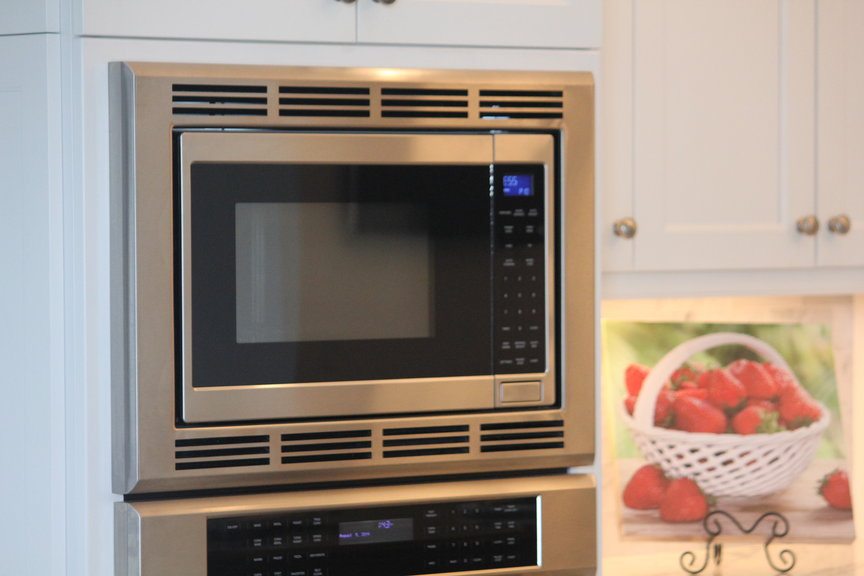

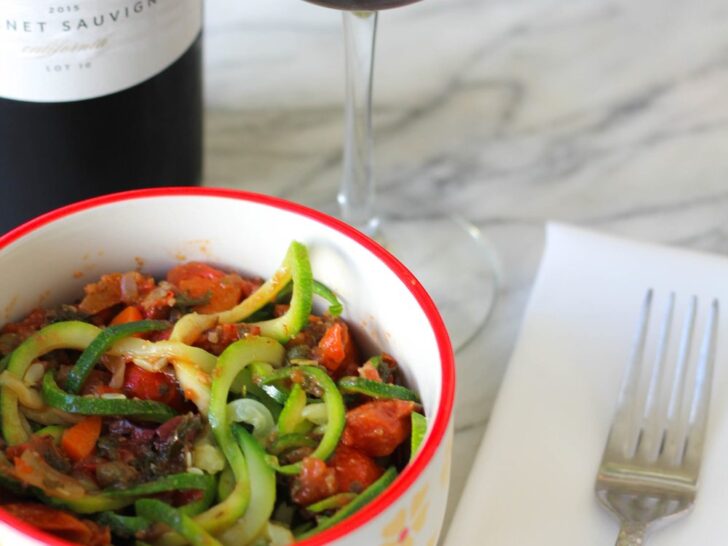
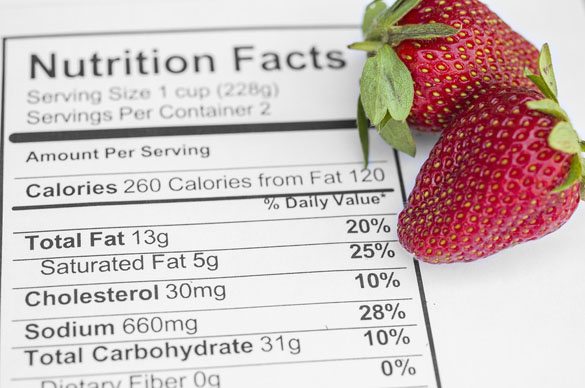

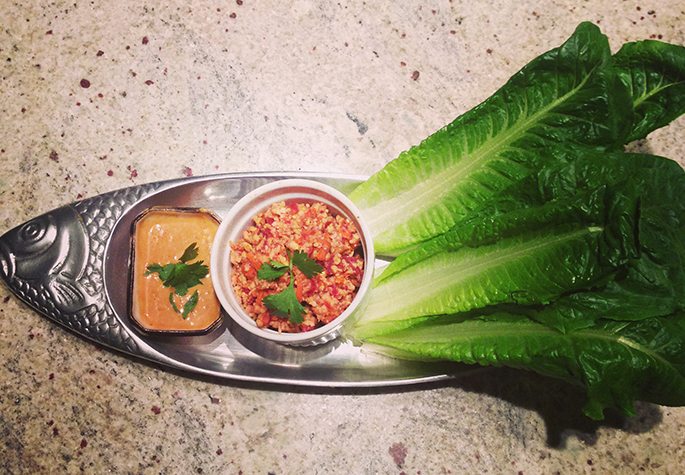
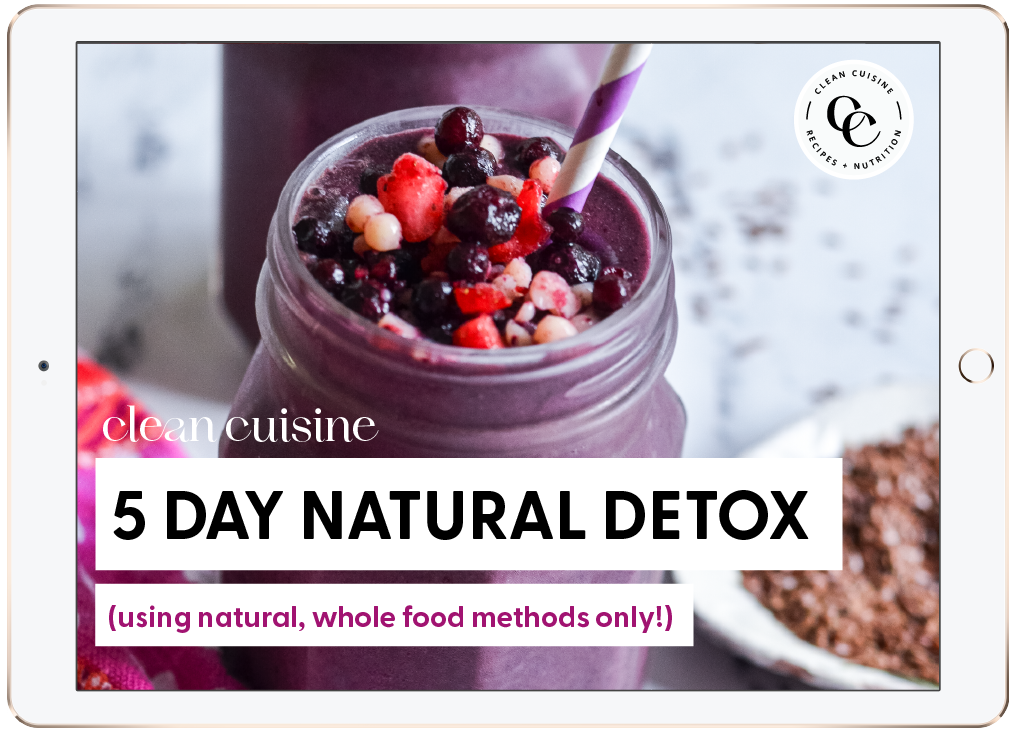
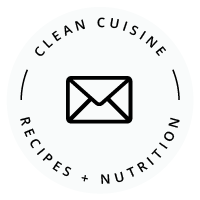
Robert Bjerk
Saturday 27th of May 2017
I once looked for research on the microwave subject and concluded that any danger of nutrient loss or proteins being denatured came not from the nature of the microwave but rather from the higher temperatures sometimes generated in the faster cooking time. Some microwaves change power levels just by turning full power on and off for different time sequences, while others actually reduce the power generated, so the cooking temperatures are not as intense. I found a microwave that actually reduces the power at lower power levels, rather than just alternating high power on and off, so I feel that I am not subjecting proteins and nutrients to such high heat levels. Of course lower settings take somewhat longer, but I believe this preserves the nutritional value and creates fewer possibly toxic by-products. When cooking raw foods, be sure power level is sufficient to cook thoroughly, but in general taking a little more time to cook on a lower power level in a microwave that actually decreases the power, reduces my concern about using a microwave, and only takes away from the convenience by requiring a little more patience.
Ivy Larson
Thursday 1st of June 2017
Thank you so very much for your comment Robert! This all makes a lot of sense to me too. I really appreciate you taking the time to write in.